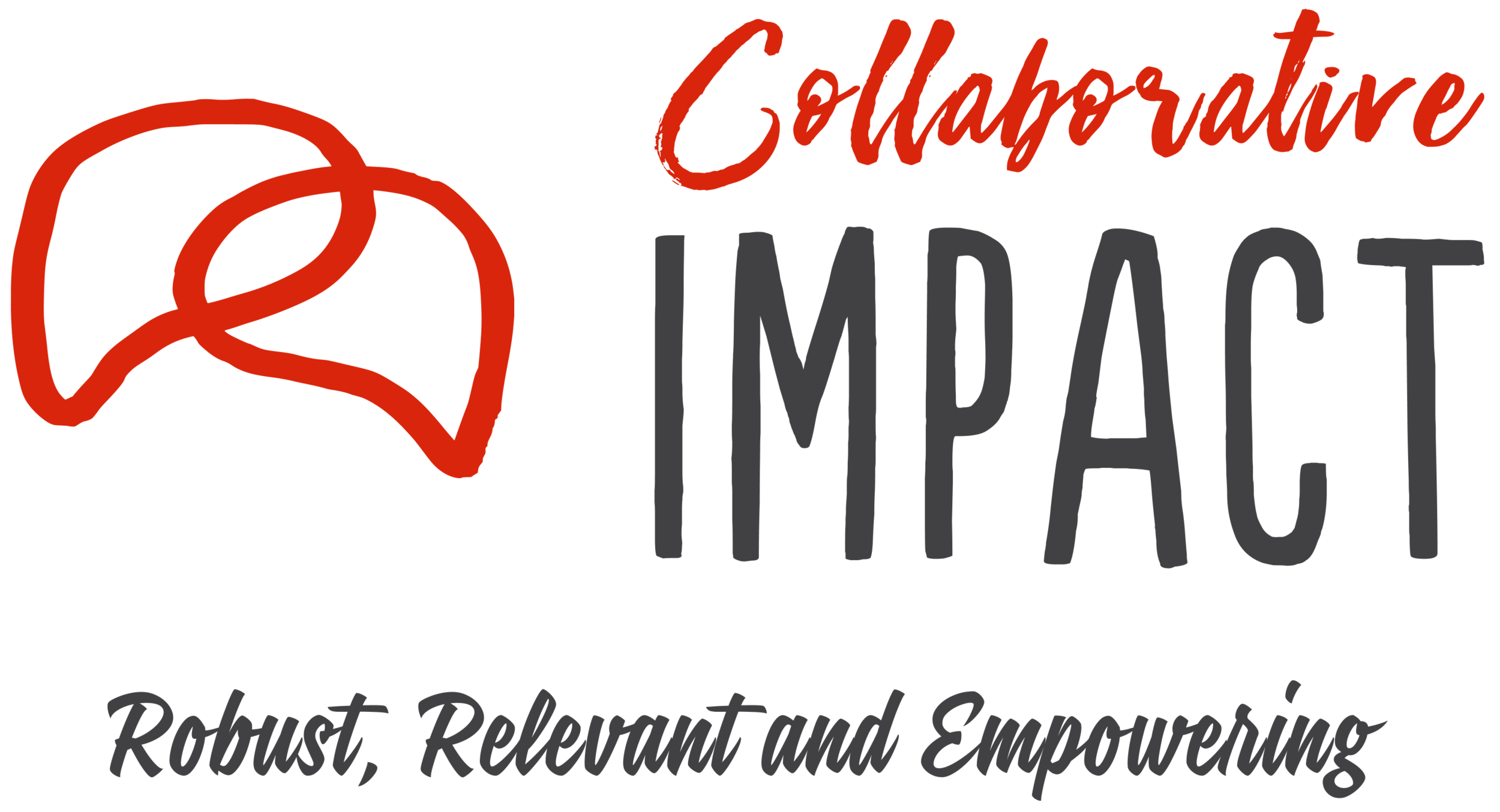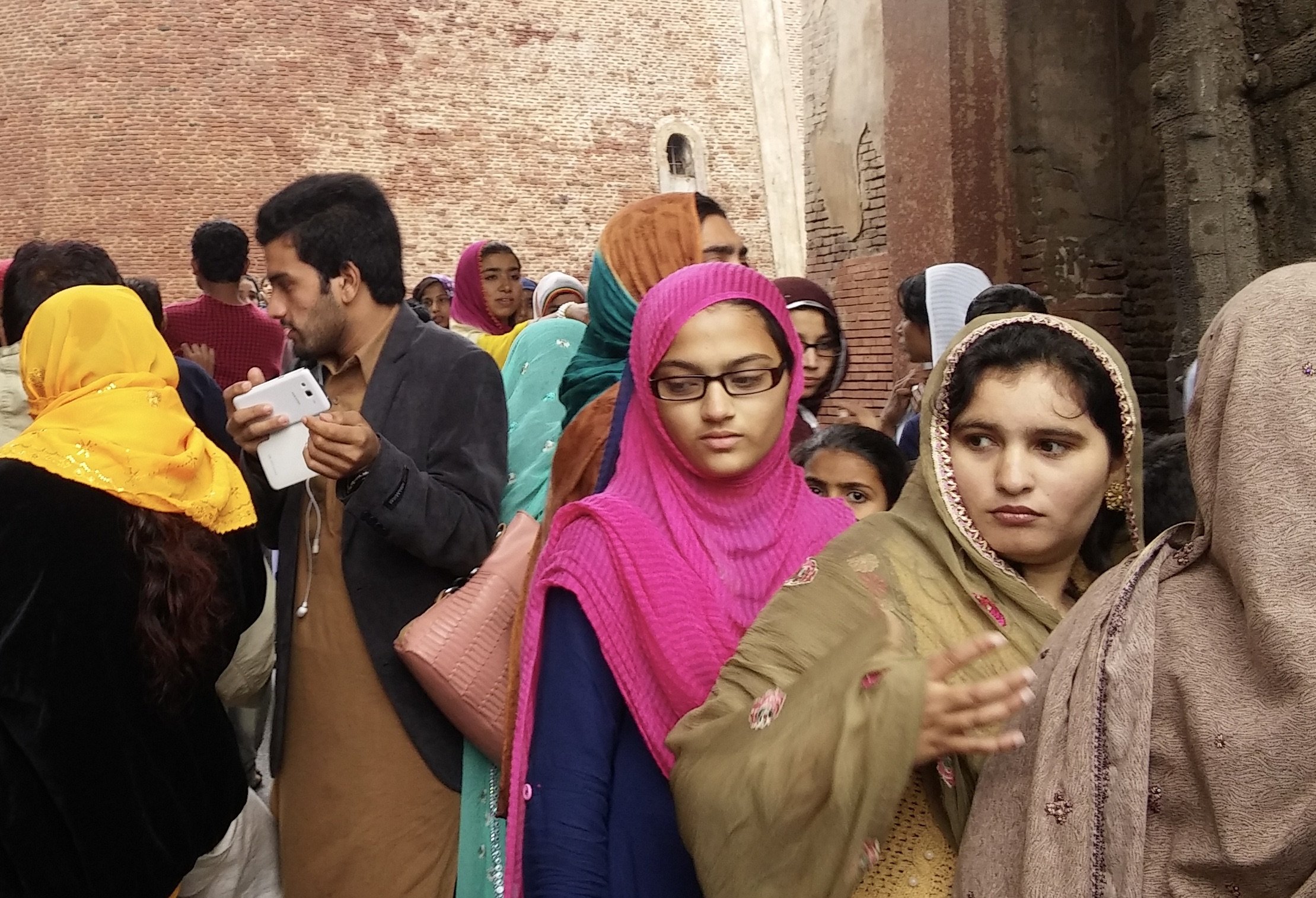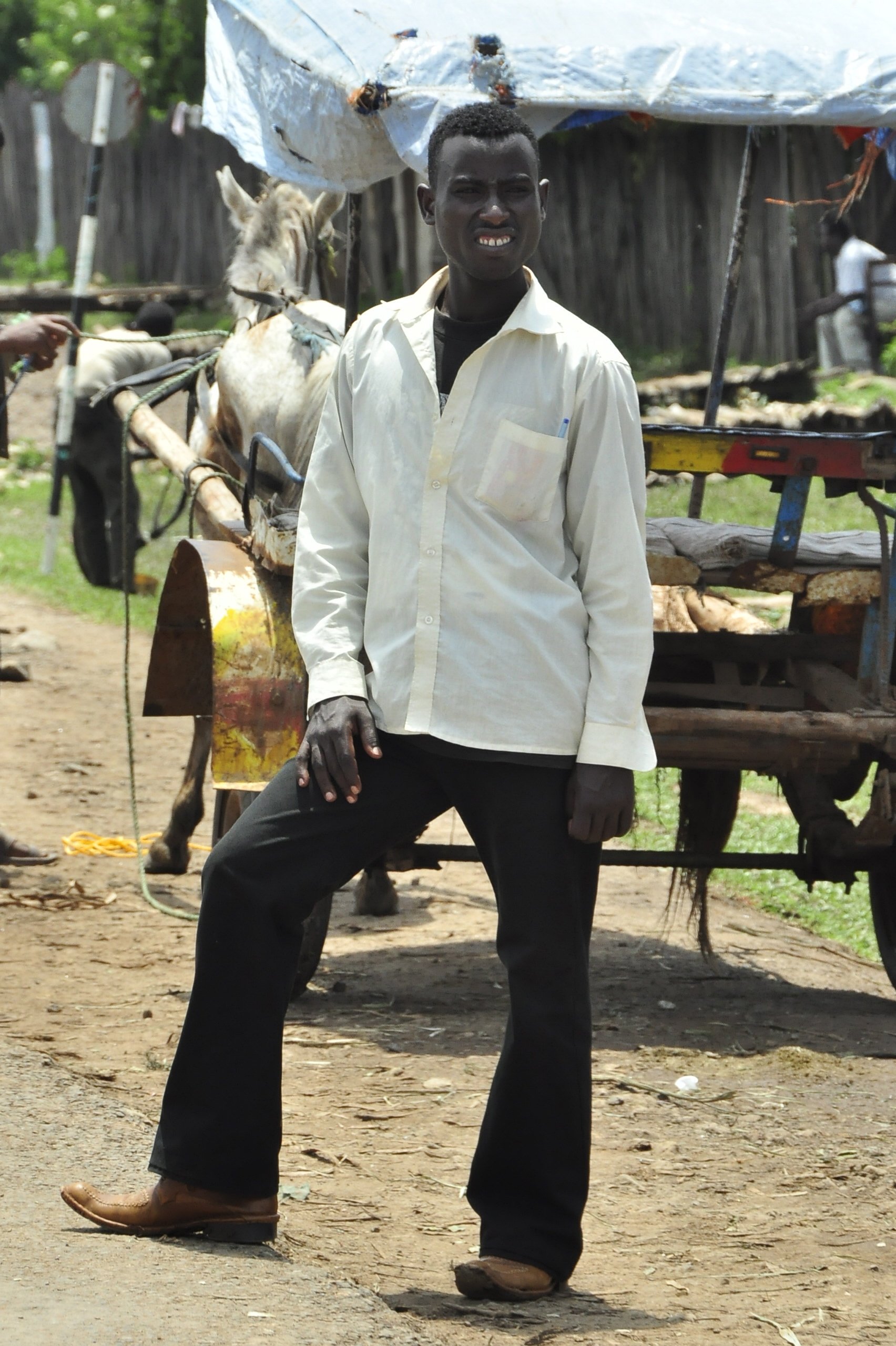MULTI-COUNTRY EVALUATION OF YOUTH EMPOWERMENT FOR WORK USING PIALA
Assessing the impact of Oxfam’s empowerment efforts on jobs and businesses for youth in Bangladesh, Ethiopia, Indonesia, and Pakistan
Client
Oxfam Novib,
IKEA Foundation
Period
2021 - 2022
Services
Evaluation
Locations
Bangladesh, Ethiopia, Indonesia, Pakistan, Global
Areas
Social Justice & Empowerment,
Climate Resilience
From April 2021 to April 2022, Collaborative Impact worked with Oxfam Novib’s global team, the country teams and ‘youth critical friends’ in Bangladesh, Ethiopia, Indonesia and Pakistan to assess the achievements and impact of the Empower Youth for Work (EYW) programme on youth employment and entrepreneurship in the countries’ targeted remote and climate-affected areas.
Empower Youth for Work (EYW) is a five-year Oxfam Novib programme (2016-2021) that was funded by IKEA Foundation and aimed to socio-economically empower young women and men (between 15 and 29) in challenging contexts. The programme was implemented in remote (semi-)rural regions in Bangladesh, Ethiopia, Pakistan and Indonesia, characterised by limited market connectivity and affected by climate warming, political instability and conflict, and the global COVID-19 pandemic. Lack of opportunities drives youth to migrate to overcrowded cities and other countries in search of jobs that disconnect them from their home base and make them vulnerable to abuse.
Supported by a global outreach, campaigning and peer learning strategy, the programme worked holistically with a wide range of stakeholders (including government and private sector) to drive youth’s socio-economic empowerment in these difficult contexts, focusing on:
Strengthen youth’s individual and collective agency, by helping them to organise and network themselves and get access to an appropriate (soft, technical and entrepreneurial) skills training curriculum;
Creating economic opportunities, by developing private sector linkages that enhance youth’s access to decent jobs and business markets and help them manage risks and strengthen the resilience of their start-ups; and
Creating a conducive enabling environment for youth employment and entrepreneurship (in particular for young women), by influencing policies and social norms through youth-led advocacy, campaigning and community-based action around gendered household roles, violence against women and girls (VAWG), and other gendered barriers to young women’s and men’s empowerment.
The evaluation was conducted against the backdrop of the ongoing COVID-19 pandemic and aimed at drawing lessons across the four countries for future youth emowerment programming. A utilisation-focused PIALA-based approach was adopted to design and implement the evaluation in close collaboration with the global and country teams and with the active engagement of ‘youth critical friends’ from the four countries.
The evaluation incorporated the country teams’ base/mid/endline studies, requiring a harmonization of diverse (attribution- and contribution-based) impact definitions and constructs. Constituent Voice and Participatory Statistics tools were used to collect primary data in 3-4 localities in each country. Observed outcomes were assessed on their strength of contribution (and supporting evidence) through a rigorous Contribution Tracing process. Participatory Sensemaking at country and global levels engaged country teams, partners, youth critical friends, and other key stakeholders in the cross validation of findings and drawing lessons and conclusions.
A 12-page infographic booklet was developed summarising the evaluation findings for each country, supported by quotes and impact stories accessible through QR codes. The booklet was created for and with country teams, partners and youth to advance future youth empowerment programming.


